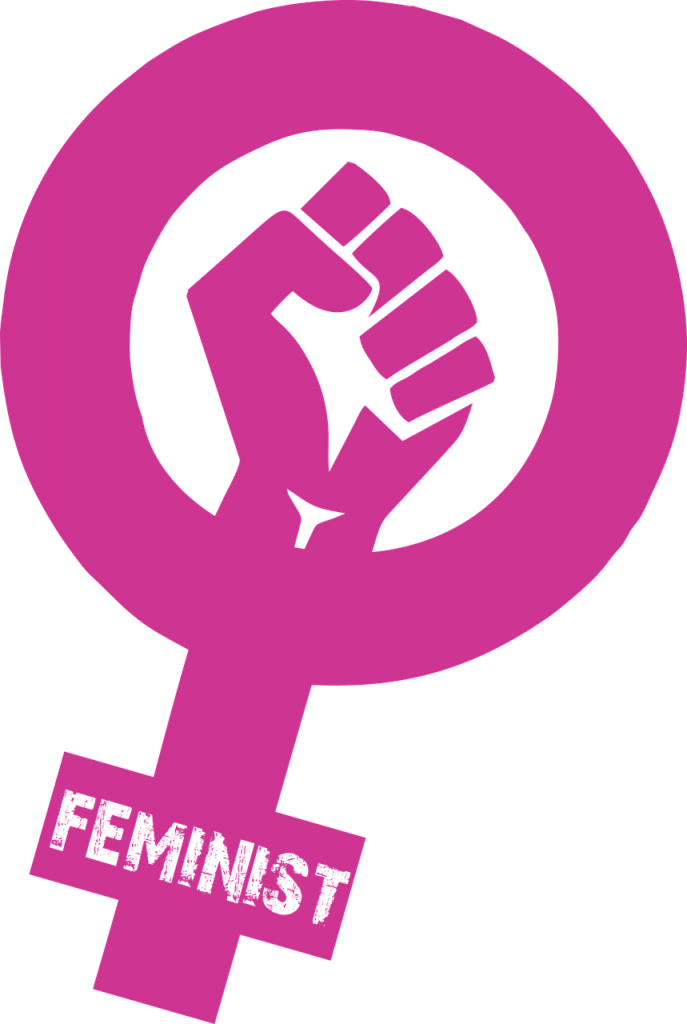Bank of America has put together a web page with resources for small businesses that are grappling with the challenges stemming from COVID-19 shutdowns. Included on this page is a link to Facebook’s Small Business Grant program. Facebook stated that they will be providing $100 million in grants and credits to 30,000 small businesses and application information will be posted soon.
Author: Kirsten Barker
SBA Offers Paycheck Protection Loan

The Paycheck Protection Program is a Small Business Administration (SBA) loan that helps businesses keep their workforce employed during the Coronavirus (COVID-19) crisis. The SBA will forgive loans if all employees are kept on the payroll for eight weeks and the money is used for payroll, rent, mortgage interest, or utilities. The Paycheck Protection Program will be available through June 30, 2020. More information can be found here.
Support for Startups During COVID-19

The staff at the Center for Regional Economic Advancement (CREA) is maintaining a continually updated list of resources and opportunities to support startups through the COVID-19 crisis. You can find the list here. The list has specific opportunities for New York State based businesses as well as businesses located anywhere within the US.
Link to Webinar on “Evidence-Based Entrepreneurship: A Mindset For Startup Success”
Click this link to access the March 20, 2020 eCornell webinar entitled “Evidence-Based Entrepreneurship: A Mindset For Startup Success” where entrepreneurship experts Tom Schryver and Ken Rother discuss the importance of leveraging customer insights by asking the right type of questions and focusing on the customer problem/need rather than your imagined solution.
Link to Webinar on “Leadership Through Communication: Navigating the COVID-19 Crisis”
Click this link to access the March 20, 2020 webinar entitled “Leadership Through Communication: Navigating the COVID-19 Crisis” where Cornell Senior Lecturer Theomary Karamanis, Vice Provost Katherine McComas and Dean Lynn Wooten shared expertise about communicating within businesses and larger communities during times of crisis. The panel also took questions from those listening/watching live.
Tips For Working From Home

Whether you are launching your business and trying to keep costs low by working out of your own home…or if the Coronavirus has you working from home because of “social distancing” requirements, here is a piece from NPR with some helpful tips for how to make working from home as productive as working from an office (or maybe even more productive!)
And for those of you reading this who are enrolled in the Bank of America Institute for Women’s Entrepreneurship at Cornell online certificate program, you are already ahead of the curve because you have embraced “distance” learning!
Link to Webinar on “Coaching: How To Focus Your Ambitions to Become Your Best Self”
“Guilty Feminist” Podcast

If you are looking for a new podcast to add to your listening list, we suggest trying a few episodes of the “Guilty Feminist“. We recently listened to “Episode 184: Things We Wish We’d Known with Kate O’Donnell and guests Charlotte Keatley and Jenny George”
One part we loved was at the end of that episode when the host Deborah Foster Wallace says:
“People believe what you tell them. You tell the story of you and that is what they believe. Very few people are correcting your story of you. If you come into a room and say ‘I’m not sure about this but…’, the story you are telling is that ‘I don’t really trust myself’. Very few people in life will say ‘You don’t trust yourself but I think you should and I’m going to.’ Occasionally someone does and that person is called a mentor. That’s what a mentor is – someone who says ‘I believe in you more than you believe in you.’ You will get maybe two mentors in a lifetime if you are lucky. Everyone else believes what you tell them. So tell them the story ‘I trust me’ and people will trust you with more responsibility, opportunity, money, influence, etc. We need to walk into rooms as though we’ve been invited. Often we walk into rooms we’ve been invited into and act as though we weren’t. We’ve got to cut that sh*t out.”
2020 Embrace Ambition Summit – Watch Live!

The Tory Burch Foundation, a nonprofit to empower women, is bringing together leaders, activists, and performers to challenge bias and create new norms at the 2020 Embrace Ambition Summit being held on March 5th in NYC from 9am to 6:30pm . You can sign up here to watch a livestream of the event.
Q&A with Heidi Zak from ThirdLove

This interview with ThirdLove founder Heidi Zak shares how her personal experience shopping for bras made her realize that the product AND the industry needed a new approach.
To read about how she grew her company after a bad shopping experience at the mall, click here.

